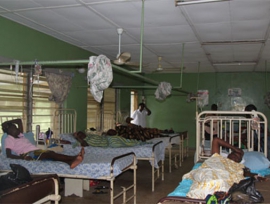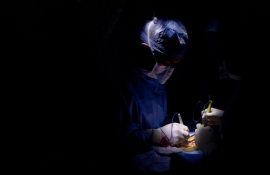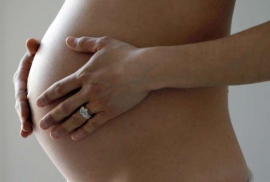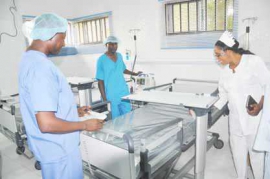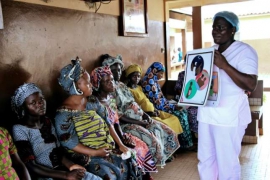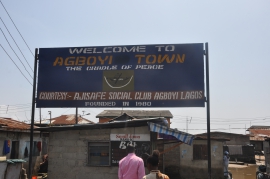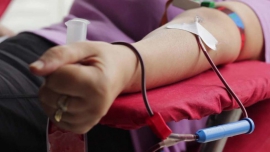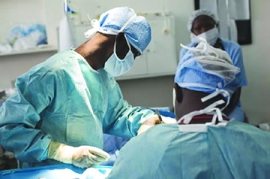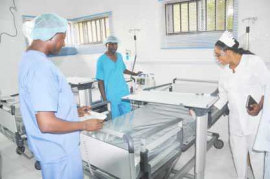Detention of new mums over medical bills rampant – Report
A new report presented by the Women Advocates Research and Documentation Centre (WARDC) and Centre for Reproductive Rights (CRR) have flayed widespread detention of women who cannot pay medical bills upon delivery.
The report also indicated that the Federal Government has not done much to reduce the high maternal mortality rate from 2008 to date.

